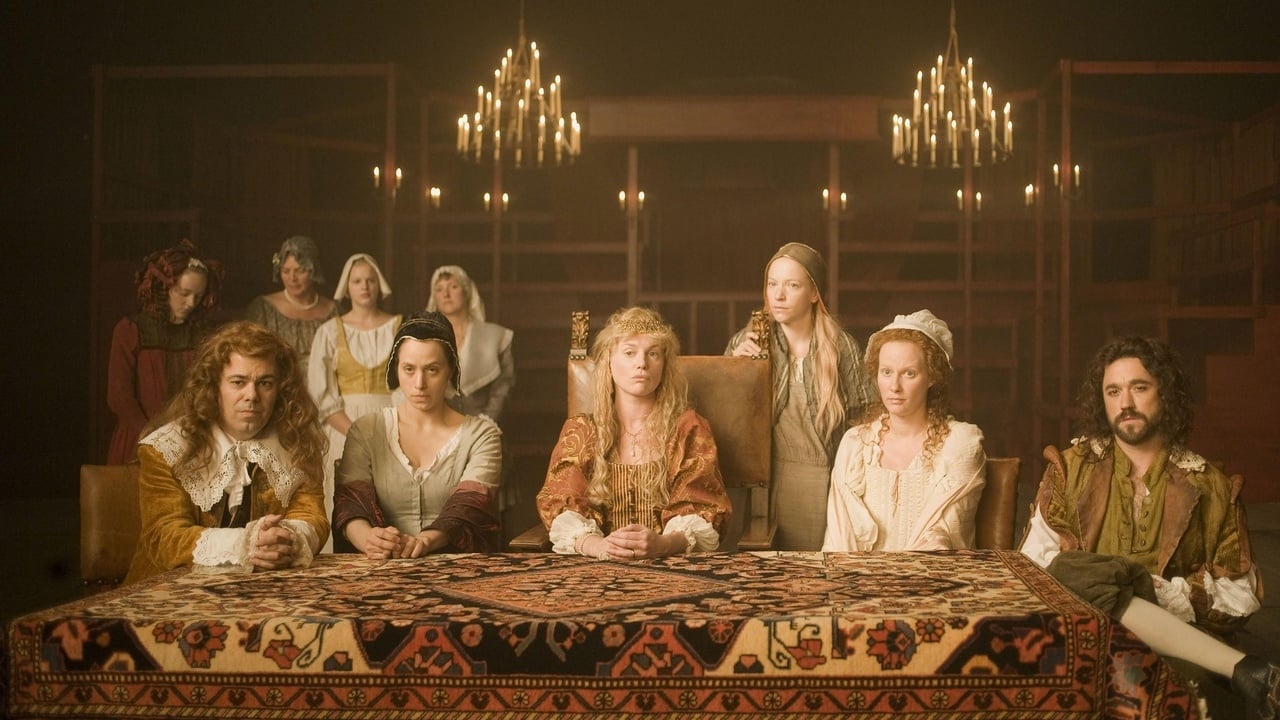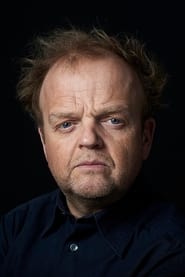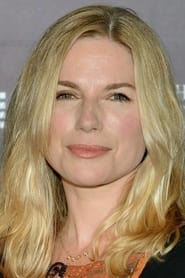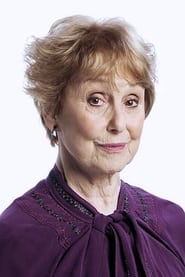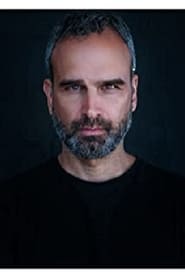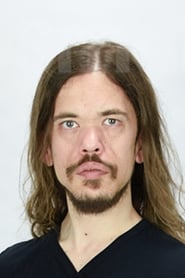The best Martin Freeman’s mystery movies

Martin John Christopher Freeman (born 8 September 1971) is an English actor and comedian, known for portraying Bilbo Baggins in The Hobbit film trilogy (2012–2014), Tim Canterbury in the original UK version of sitcom mockumentary The Office (2001–2003), Dr John Watson in the British crime drama Sherlock (2010–2017), and Lester Nygaard in the dark comedy-crime drama TV series Fargo (2014).
His other notable film roles include the romantic comedy Love Actually (2003), The Hitchhiker's Guide to the Galaxy (2005), Nativity! (2009), Three Flavours Cornetto trilogy (2004–2013), The World's End (2013), and his portrayal of Everett K. Ross in the Marvel films Captain America: Civil War (2016), and Black Panther (2018).
Among other accolades, he has won an Emmy Award, a BAFTA Award, an Empire Award, and a Screen Actors Guild Award, with nominations including two other Emmy Awards, two other BAFTA Awards, a Saturn Award, and a Golden Globe Award.
Description above is from the Wikipedia article Martin Freeman, licensed under CC-BY-SA, full list of contributors on Wikipedia.
Sherlock: The Abominable Bride
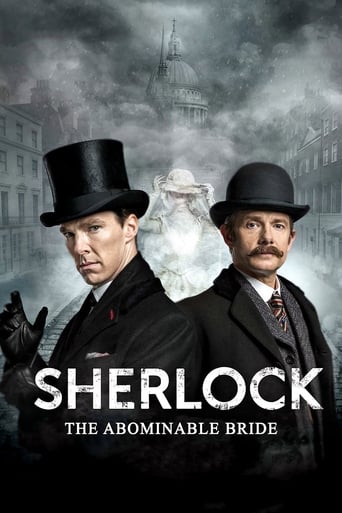
8/10
Sherlock Holmes and Dr. Watson find themselves in 1890s London in this holiday special.
Sherlock: Many Happy Returns
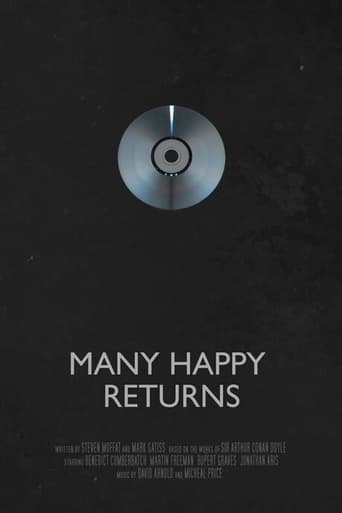
John and Lestrade try to move on with their lives after Sherlock's apparent death. However, Anderson believes he is still alive.
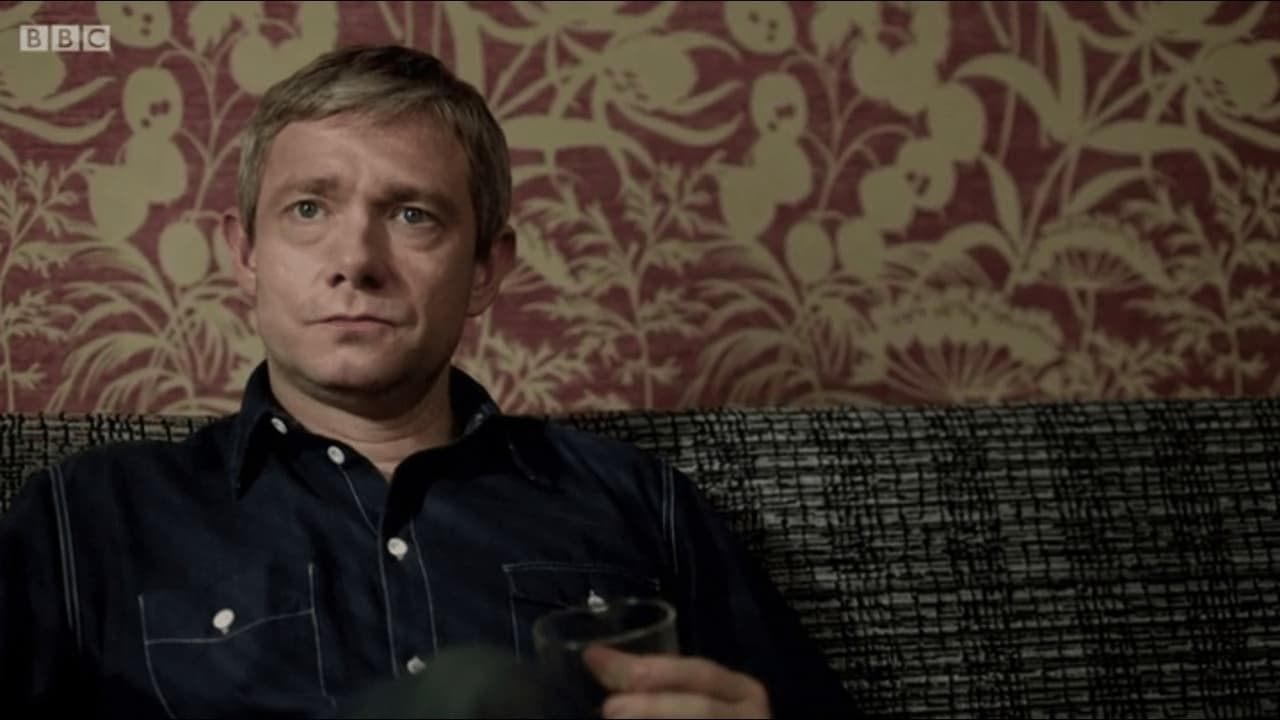
Rembrandt's J'Accuse...!
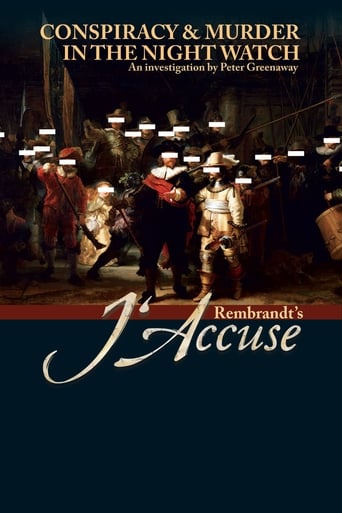
7.2/10
J'accuse is an 'essay-istic' documentary in which Greenaway's fierce criticism of today's visual illiteracy is argued by means of a forensic search of Rembrandt's Nightwatch. Greenaway explains the background, the context, the conspiracy, the murder and the motives of all its 34 painted characters who have conspired to kill for their combined self-advantage. Greenaway leads us through Rembrandt's paintings into 17th century Amsterdam. He paints a world that is democratic in principle, but is almost entirely ruled by twelve families. The notion exists of these regents as charitable and compassionate beings. However, reality was different.
